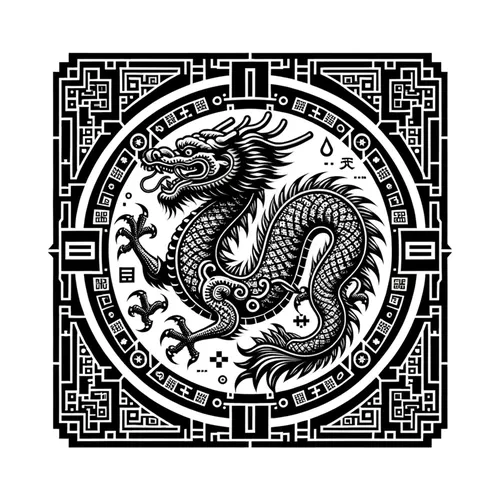Cisco Exploits, Chinese Crackdowns, and a Cyber Showdown: Whos Watching Your Data?
- Author
- Quiet. Please
- Published
- Fri 21 Feb 2025
- Episode Link
- https://www.spreaker.com/episode/cisco-exploits-chinese-crackdowns-and-a-cyber-showdown-whos-watching-your-data--64496423
This is your Digital Dragon Watch: Weekly China Cyber Alert podcast.
Hey there, I'm Ting, and welcome to Digital Dragon Watch, your weekly dose of China cyber alerts. Let's dive right in because the past few days have been anything but quiet.
First off, the notorious Salt Typhoon crew, backed by the Chinese government, has been making headlines again. They've exploited vulnerabilities in Cisco devices to compromise at least seven more global telecom providers and organizations, adding to their previous tally of nine US telecommunications companies and government networks[1]. This is a big deal because it gives China real-time access to people's communications and whereabouts. The intrusions happened between December 2024 and January 2025, targeting unpatched Cisco devices with two critical privilege escalation vulnerabilities, CVE-2023-20198 and CVE-2023-20273.
But that's not all. The US government is taking steps to bolster its resilience against Chinese tech and influence. The FY 2025 National Defense Authorization Act includes provisions addressing potential security risks linked to Chinese-origin technology, such as routers and modems from manufacturers like Huawei and ZTE[2]. These provisions aim to assess and mitigate the risks posed by these devices, whether on DoD networks or in the homes of DoD personnel.
Meanwhile, in China, there's been a crackdown on companies failing to fulfill their cybersecurity protection responsibilities. The Nanning Cybersecurity Brigades penalized five companies for violations of the Cybersecurity Law, including excessive collection of personal information and failure to implement encryption measures[4]. Similarly, two companies in Zhengzhou were penalized for domain name hijacking and tampering due to inadequate cybersecurity measures.
On the US front, the differing responses of the Biden and Trump administrations to Chinese cyberattacks highlight a shift in focus. While the Biden team emphasizes regulation and intelligence-sharing, the incoming administration aims to reduce government's role in cybersecurity but increase offensive actions[5]. This change in approach comes as US officials continue to uncover and assess attacks by the Salt Typhoon group, which has given the Chinese government broad access to Americans' data and the capability to geolocate millions of individuals.
So, what can you do to protect yourself? First, ensure all your Cisco devices are patched against those critical vulnerabilities. Second, be cautious with personal mobile devices and applications, especially those tied to China. And third, stay informed about the latest cybersecurity threats and defensive measures. That's it for today's Digital Dragon Watch. Stay safe out there, and I'll catch you in the next update.
For more http://www.quietplease.ai
Get the best deals https://amzn.to/3ODvOta
